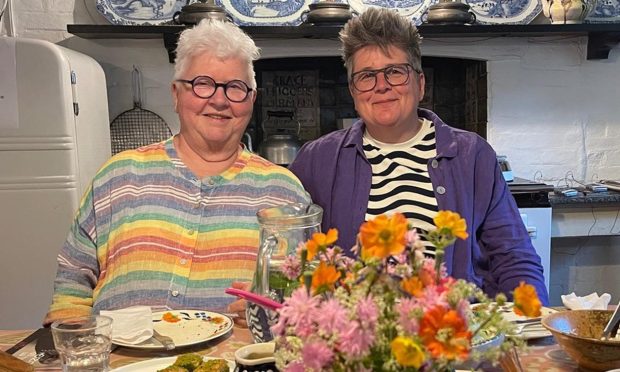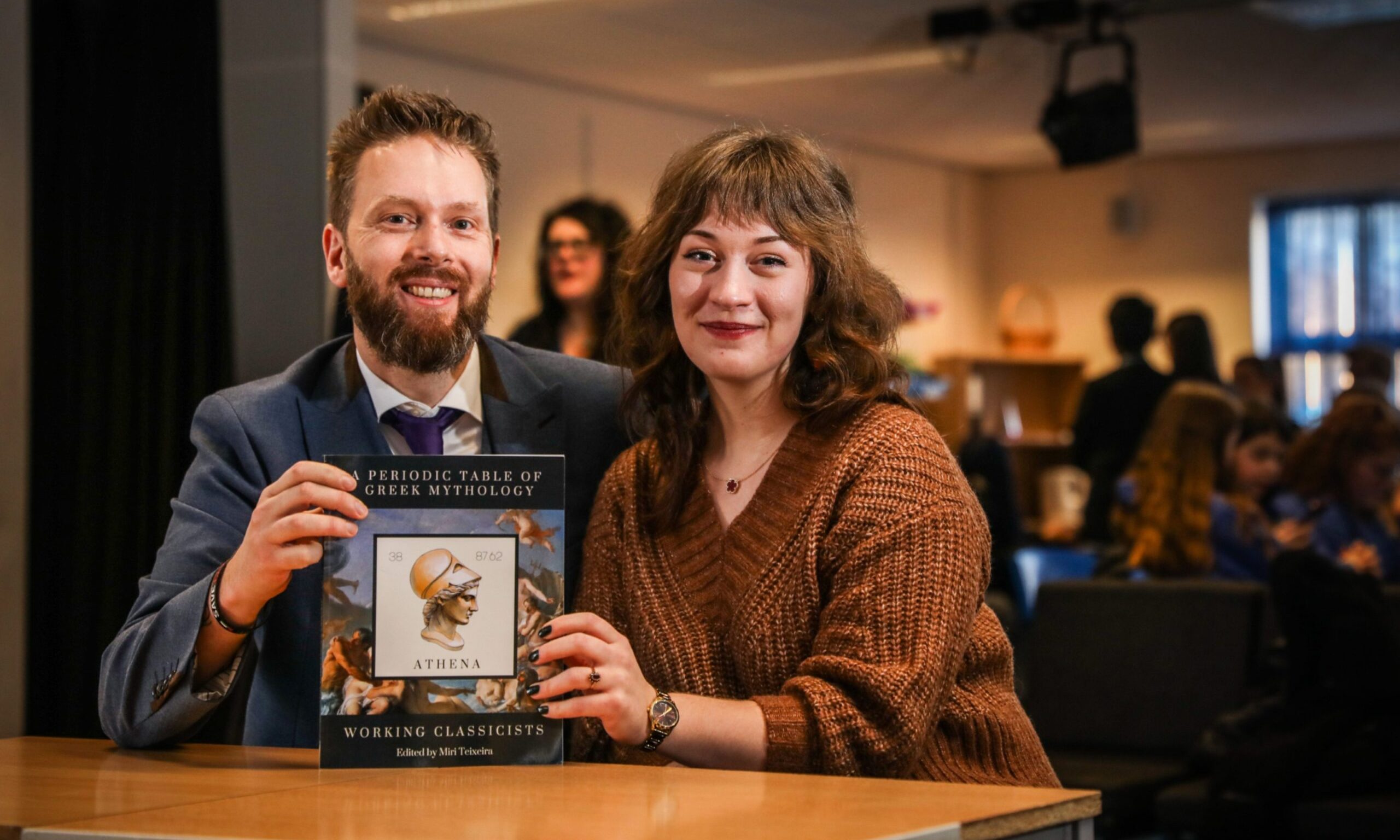Teachers are “urgently” seeking guidance on blended learning as concerns rise over soaring coronavirus cases.
Scotland’s largest teaching union EIS said it would seek clear guidance from the Scottish Government on the triggers that would require local or national school closures and a move to blended learning.
School teachers from across Scotland shared their fears over the rising cases at a virtual meeting with the EIS national council where they renewed calls for tighter physical distancing measures and additional teaching staff to be put in schools.
There were 344 new cases of Covid-19 reported on Sunday, while Saturday saw the largest number of daily cases since the pandemic began, with 714 positive tests.
The union also called for clear direction on ventilation and heating in classrooms as well as specific guidance on supporting additional needs pupils and staff.
The EIS council also approved a motion proposed by Glasgow primary teacher Nicola Fisher which highlighted concerns over the rising daily cases as she called for smaller class sizes.
She said: “The Scottish Government decision to re-open schools was predicated on low instances of the virus, so the current mitigations in our schools are just not effective given the current increase in the virus across the country.
“This has led to the current situation where you can only meet one other household and no one in your own home – but somehow in school classrooms we can have 34 households in a class, with 33 pupils and a teacher.
“We need to continue to push on these issues and we must be absolutely clear what our campaign is about – keeping our members, and the children in our school, safe.”
We are continuing to push for fewer people in classes, to protect their health and wellbeing.”
Susan Quinn
Susan Quinn, EIS local association secretary for Glasgow added: “It is important that our members are aware of what their elected leaders are doing, on their behalf, to make our schools safe.
“It is incumbent on us, the lay leadership of the union, to take these issues forward on behalf of our members.
“It is crucial that our members see that we are continuing to push for fewer people in classes, to protect their health and wellbeing.”










